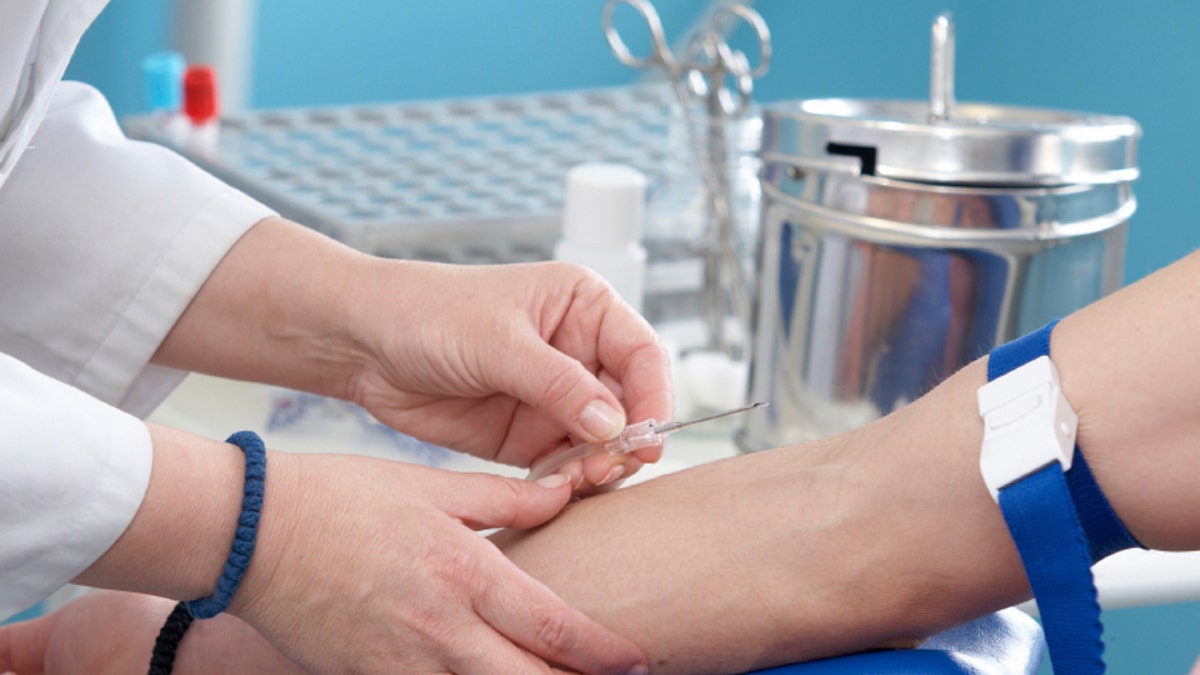
close up of blood extraction in lab
The American Medical Association (AMA) has voted in support of ending the U.S. Food and Drug Administration’s ban on gay men donating blood, according to Medical Daily.
Currently, less than 38 percent of the population is eligible to give blood, according to Medical Daily. In order to meet the high demand for blood in the U.S., the FDA has begun to consider revising policies that ban gay and bisexual people from donating.
The ban on gays donating blood dates back to 1983, when it was enacted by the FDA in an attempt to protect the nation’s blood supply from HIV contamination. At the time, no reliable tests for detecting HIV in blood existed.
However, since the ban was initially enacted, significant progress has been made in the science of detecting the HIV-virus in blood, leading doctors to believe that a universal ban on gays donating may no longer be necessary.
"The lifetime ban on blood donation for men who have sex with men is discriminatory and not based on sound science," said Dr. William Kobler, an AMA board member, in a statement.
In its recommendation, the AMA suggested that the FDA create a new policy allowing gay men to instead be evaluated for HIV-risk on an individual basis. The FDA regulates all blood donations in the U.S. and all blood banks and hospitals are required to follow their guidelines, according to Medical Daily.
